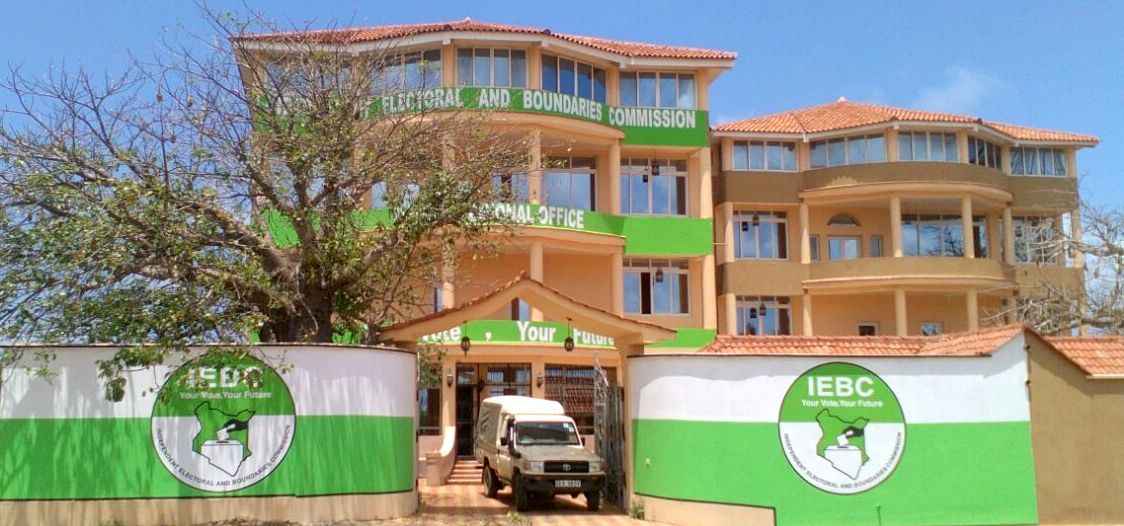The Independent Electoral and Boundaries Commission (IEBC) is a constitutionally mandated body responsible for overseeing the electoral processes in Kenya. Established under Article 88(1) of the Constitution of Kenya (2010), the commission plays a crucial role in ensuring that elections are conducted in a transparent, efficient, and impartial manner. This article delves into the core functions of the IEBC, offering insights into how this independent body operates to maintain the democratic fabric of Kenya.
Overview of the IEBC
The IEBC was formed in 2011, replacing its predecessor, the Interim Independent Electoral Commission (IIEC). With a mission to conduct free and fair elections, IEBC’s mandate extends to supervising elections at various levels, from national and county elections to referenda.
The commission also undertakes the critical role of delimiting electoral boundaries, ensuring that constituencies and wards are evenly distributed for fair representation.
Key Functions of the IEBC
- Conducting Elections and Referenda
One of the primary roles of the IEBC is to conduct and supervise elections and referenda. These include presidential, parliamentary, and county-level elections. The IEBC also manages by-elections and any special elections as mandated by law. Through its operations, the commission ensures that electoral processes meet the highest standards of fairness and transparency. - Voter Registration and Management
The IEBC is responsible for the continuous registration of voters. It revises and updates the voter register regularly to ensure that all eligible voters are included. The commission also facilitates the inspection of the voter’s register, allowing citizens to verify their registration status and correct any discrepancies. - Delimitation of Boundaries
Delimitation of constituencies and wards is a crucial function of the IEBC. The commission ensures that electoral boundaries are fairly demarcated, taking into consideration population density and geographical factors. This process ensures equitable representation across Kenya. - Regulation of Political Parties
The IEBC regulates the activities of political parties, especially during election periods. This includes overseeing the nomination process for candidates and ensuring that political parties adhere to the set electoral guidelines. The commission also monitors compliance with legislation related to party nominations. - Settlement of Electoral Disputes
The commission is tasked with settling electoral disputes arising from the nomination process. However, it does not handle disputes related to election petitions or issues arising after the declaration of election results, as these are handled by the courts. - Voter Education
Providing civic and voter education is another critical role of the IEBC. The commission works to educate the public on their voting rights, the electoral process, and the importance of participating in elections. This function is vital for fostering an informed electorate. - Regulation of Election Campaign Finances
The IEBC has the authority to regulate the amount of money that can be spent by candidates and political parties during campaigns. This helps prevent the influence of money in elections and promotes a level playing field for all candidates. - Registration of Candidates
The commission registers candidates for elections, ensuring that they meet the eligibility requirements stipulated by law. This process includes verifying the candidates’ credentials and ensuring compliance with electoral regulations. - Monitoring Elections
The IEBC facilitates the observation, monitoring, and evaluation of elections by accrediting local and international observers. This promotes transparency and accountability during the election process. - Developing Codes of Conduct for Candidates
The commission is also responsible for developing and enforcing a code of conduct for candidates and political parties. This helps maintain order and ethical behavior during election periods, ensuring that all parties respect the rules of engagement. - Oversight on Nomination Procedures
The IEBC monitors and oversees the nomination of candidates by political parties, ensuring that the process is free, fair, and adheres to the law.
IEBC Structure and Administration
The IEBC operates under a professional secretariat responsible for the day-to-day management of its affairs. The secretariat is led by a Commission Secretary/CEO and consists of:
- Two Deputy Commission Secretaries
- Nine directors, each overseeing different directorates
- 24 managers, 47 County Election Managers, and 290 Constituency Election Coordinators
This decentralized structure enables the IEBC to effectively manage elections across the entire country, ensuring that electoral processes are streamlined at both national and county levels.
Contact Information
For inquiries and services, you can reach the IEBC through the following contact details:
- Head Office: University Way, Anniversary Towers, 6th Floor, Nairobi.
- Phone: 020 287 7000
- Email: info@iebc.or.ke
The Independent Electoral and Boundaries Commission plays a pivotal role in safeguarding democracy in Kenya. From conducting elections to regulating political parties and delimiting electoral boundaries, the IEBC’s functions are essential for ensuring fair representation and fostering public trust in the electoral system. Through its commitment to transparency and professionalism, the IEBC continues to strengthen Kenya’s democratic governance.





